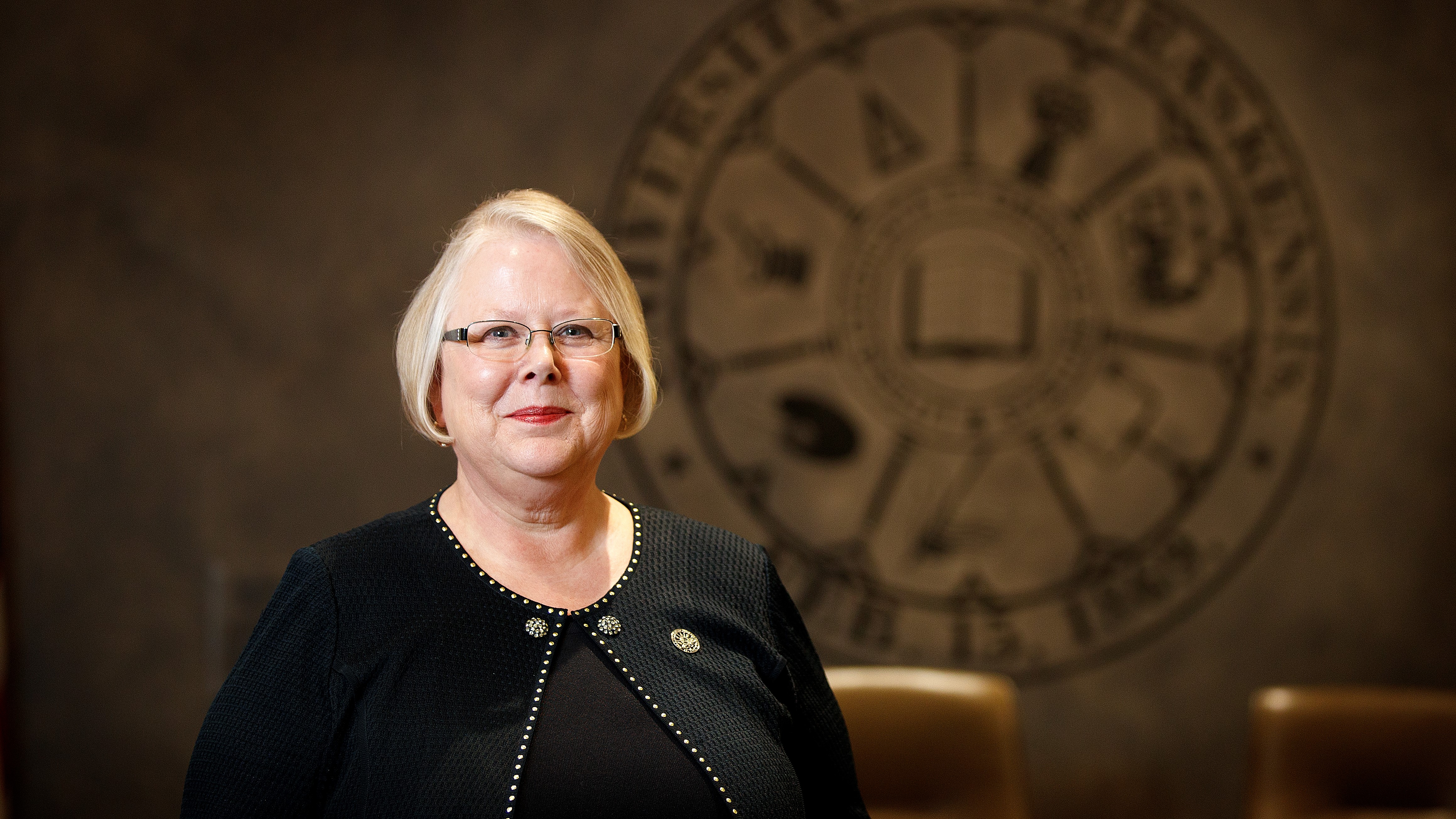Workforce challenges demand focus on access, student success

Oct. 16, 2019
Guest columnist this week for the NCTA Dean’s Message
By Susan Fritz
Interim President, University of Nebraska
Recently I had the opportunity to join with colleagues in higher education, K-12 and business in testifying before the Legislature about how we can work together to fill high-skill, high-demand, high-wage jobs in our state.
Our conversation couldn’t have been more timely, and I am grateful to Sen. John Stinner of Scottsbluff for introducing an interim legislative study on this issue. As we shared with state senators, Nebraska’s workforce needs are urgent and growing.
We can take bold action now to move our state’s economy forward – or risk losing what the State Chamber has described as a 50-state competition for workforce.
In the next few years, Nebraska will have 34,000 annual openings in “H3” jobs like engineering, nursing and IT. More than two-thirds of these jobs will require an associate’s degree or higher. And this isn’t an urban or rural problem. The needs exist across the state.
Despite excellent work being done by Nebraska’s colleges and universities, we’re not currently producing enough graduates to meet our workforce needs.
University of Nebraska campuses graduate more than 11,000 students per year – more than years past, but short of where we hope to be, which is why we have ambitious growth initiatives in place in our colleges of education, nursing, allied health, engineering, and information science and technology, to name a few.
Furthermore, we are missing an opportunity to enroll more students in our postsecondary institutions in the first place. Some of them we are losing to other states. Some are not going to college at all.
For example, among students who score a 30 or above on the ACT, about 60 percent go on to college in Nebraska. The same is true for students who score a 23 to 29. I certainly don’t expect every student to stay in the state. But there is no excuse for not being competitive. We have an opportunity to increase our yield and fill more of the H3 jobs that are key to Nebraska’s prosperity.
I am convinced a greater investment by the state in financial aid would allow Nebraska to compete more effectively for talent. Today Nebraska is in the bottom 10 nationally in state-supported grant aid. We need to send a louder and clearer message to our young people that we are invested in their future and we want them here.
This isn’t just about retaining more of our highest ACT scorers, although of course we want more of them to choose our fine Nebraska institutions. This is also about improving our overall college-going rate by providing more financial aid to all students.
Our institutions have work to do as well.
If we are to solve Nebraska’s workforce challenges, we need to be laser-focused on enhancing student outcomes, enriching the educational experience and rigorously measuring our progress. Efforts are underway across our campuses to improve retention and graduation rates, and – in what I believe is a particular point of pride for our public institutions – we are working hand-in-hand to grow our students’ success even further.
We have developed a rich database of courses that transfer between the university, state and community colleges, for example, so a student can change institutions and remain on the path to a degree. We are also collaborating with State of Nebraska partners on a data system that will offer us a fuller picture of the student experience. With more robust data, we’ll be able to make better decisions about where to concentrate our time and energy.
What’s more, we’re engaging our colleagues in the private sector about how we can create more internship and apprenticeship opportunities for students so we build a stronger pipeline of future workers.
I’m encouraged that higher education, K-12, government and business have come together with a sense of urgency around the topic of workforce development. We’re excited to continue this important conversation about Nebraska’s future.
Editor’s Note: Susan Fritz, Ph.D., is interim president of the University of Nebraska which includes the Nebraska College of Technical Agriculture in Curtis.
NCTA is devoted to a statewide mission of preparing students for successful careers in agriculture, veterinary technology, and related industries. The college provides open access to innovative technical education resulting in associate degrees, certificates, and other credentials.
NCTA events:
Oct. 18: First 8 Weeks Final Exams and end of 8-Week courses
Oct. 18-19: Aggie Livestock Team to CSU Classic, Fort Collins
Oct. 18-19: Aggie Rodeo to Iowa State University, Ames
Oct. 21-22: Student Fall Break (offices open)
Oct. 23: Second 8-Week Session begins
Oct. 24: Public Flu Shot Clinic, 10 a.m.-1 p.m., NCTA Student Center
Oct. 25-26: Vet Tech Continuing Education classes, NCTA campus
Oct. 26-27: Stock Dog public trials, LTC Arena
Oct. 31: NCTA Trunk or Treat event, 5-7 p.m., Welcome Center check in
Oct. 30-Nov. 2: 92nd Annual National FFA Convention, Indianapolis
Download a PDF of this press release